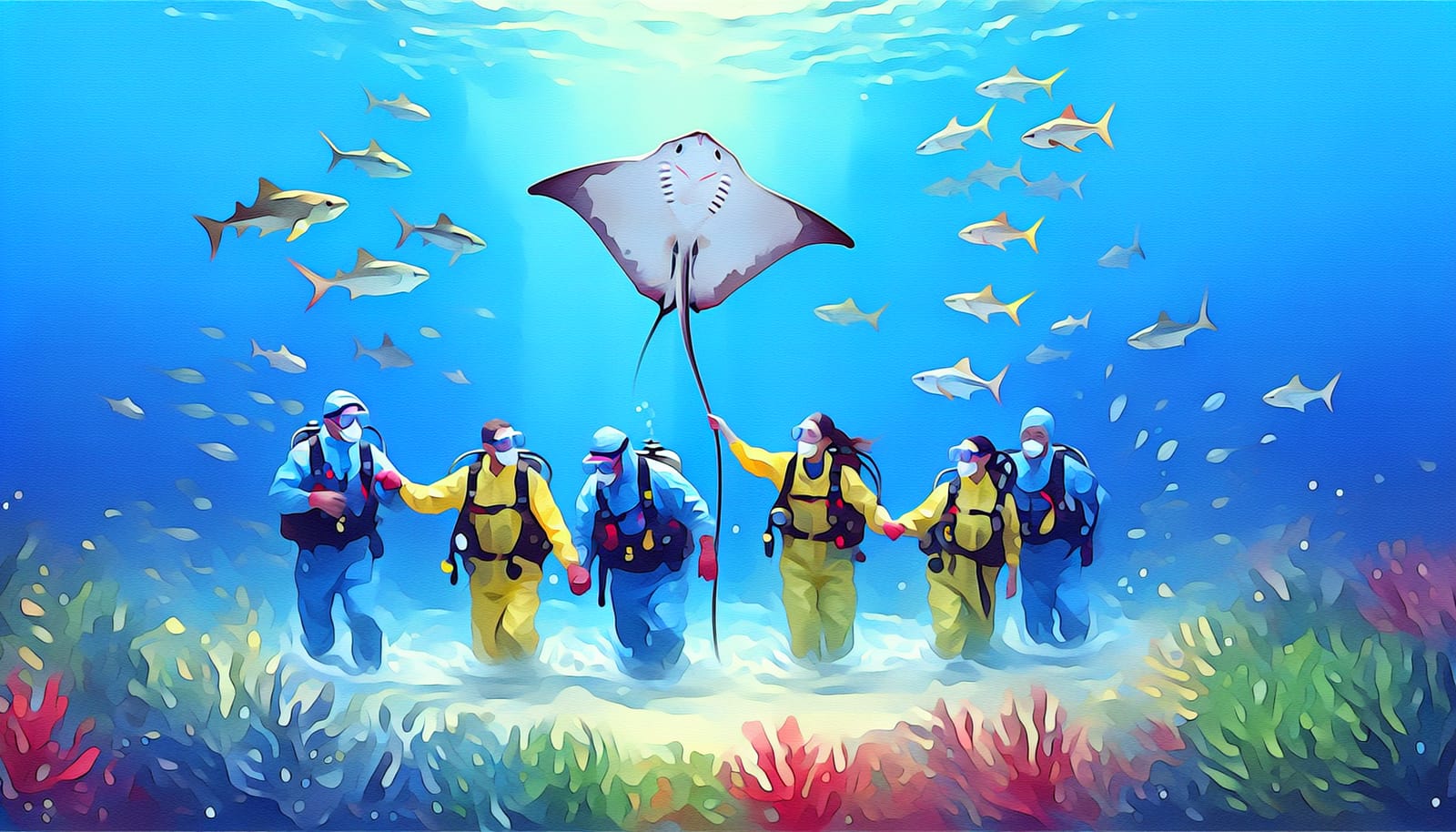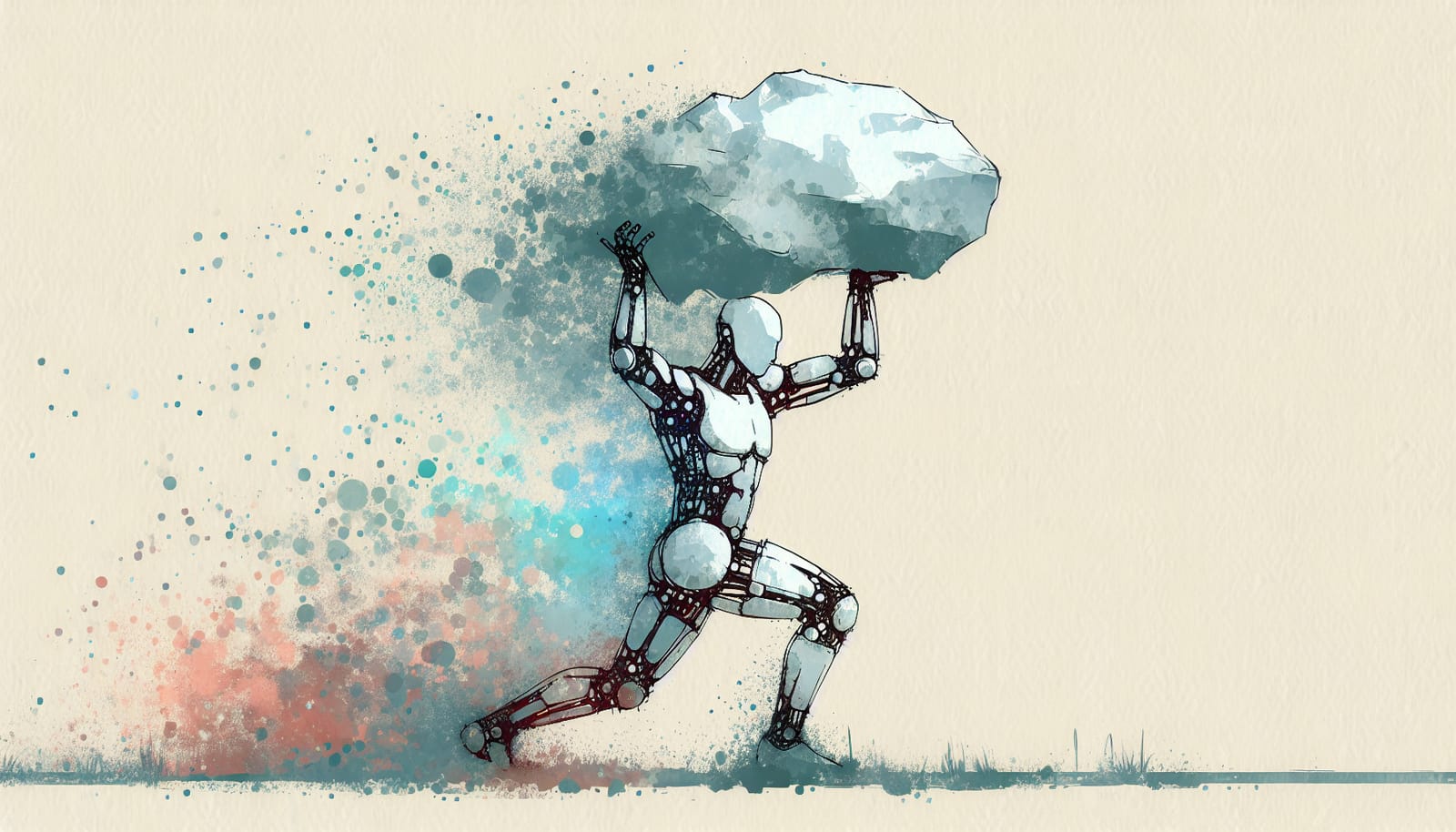On April 9, at the inspiring TED 2025 conference in Vancouver, Canada, social entrepreneur Julienne Oyler shared a thought-provoking message with the audience, shedding light on a significant issue that affects us all.
“One in 10 of us will be displaced in 25 years. One in 10. Each of us is more likely to be displaced than ever before,” Oyler stated during her impactful TED Talk, which will soon be available for all to view.
Her aim was not to instill fear but rather to raise awareness about the challenges that can touch anyone's life, regardless of their current circumstances. She highlighted the global crises we are witnessing, from conflicts in Europe and the Middle East to the devastating effects of climate change manifesting in floods and wildfires.
While acknowledging that “humanitarian aid remains essential in emergencies and for the most vulnerable,” Oyler emphasized that the current system often fails to respect the dignity of displaced individuals and isn’t a sustainable long-term solution.
With a warm smile and a hopeful demeanor, Oyler, a white woman dressed in business attire with her hair elegantly pulled back, spoke passionately about the journey of refugees. After initial aid and shelter, these resilient individuals strive to find work, support their families, and, if possible, rebuild connections to their homeland.
“Bold action requires us to change our perspectives, partners, and policies,” she encouraged. “For too long, displaced people have been framed as burdens. And that thinking, that narrative, has led to missed opportunities.”
As the CEO of Inkomoko, Oyler has dedicated the last decade to empowering over 100,000 businesses across five African nations: Rwanda, Kenya, Ethiopia, Chad, and South Sudan. Inkomoko serves as a consulting firm that provides valuable classes and resources to local entrepreneurs, channeling investment capital into communities affected by displacement.
She expressed a profound belief in the potential of those often overlooked by traditional finance. “These entrepreneurs have the traits that case studies and business schools celebrate,” Oyler pointed out. “They are resilient and resourceful. They innovate and adapt. They deeply understand their markets. They're the very leaders and problem-solvers investors around the world seek, but are rarely seen as investment-worthy.”
Throughout her talk, Oyler acknowledged the imperfections of capitalism and markets but remained optimistic: “they can be forces for change” when designed with inclusivity at their core.
She shared inspiring examples of success stories from Africa. “When Uganda allowed refugees to work, the country's GDP increased by nearly a billion dollars,” she noted with enthusiasm. “Ethiopia reformed its policies, and now thousands of refugees contribute to essential sectors like agriculture and manufacturing.” In Rwanda, including refugees in the national ID program has opened doors to healthcare and financial services, fostering economic growth.
“Here’s the truth,” Oyler declared, “these examples, these African solutions, are what the rest of the world needs to learn from. They are rooted in a shared experience of hospitality and humanity.”
To foster investment in displaced entrepreneurs, Oyler outlined a clear path forward. She encouraged investors to consider refugee-owned businesses, philanthropists to focus on economic inclusion, fellow entrepreneurs to recognize displaced individuals as valuable partners, and journalists to share stories that highlight resilience and hope.
“And policymakers?” she prompted, inviting them to join the movement. “Economic integration isn't charity; it drives regional peace and shared prosperity.”
Oyler reminded everyone that displacement can affect anyone and urged the audience to empathize with those who have faced crises. “From Kakuma to California, Syria to South Sudan, one truth remains: Humanity flourishes when people have the tools to succeed and the belief that they can,” she stated with conviction.
“The future isn't just about preventing displacement. It's about recognizing that the solution to one of the world's greatest challenges lies within the displaced individuals themselves. It’s up to all of us to see their potential and invest in their journeys.”
With a heartfelt message, Julienne Oyler inspired the audience to embrace hope, unity, and action, highlighting that together, we can create a brighter future for all.


